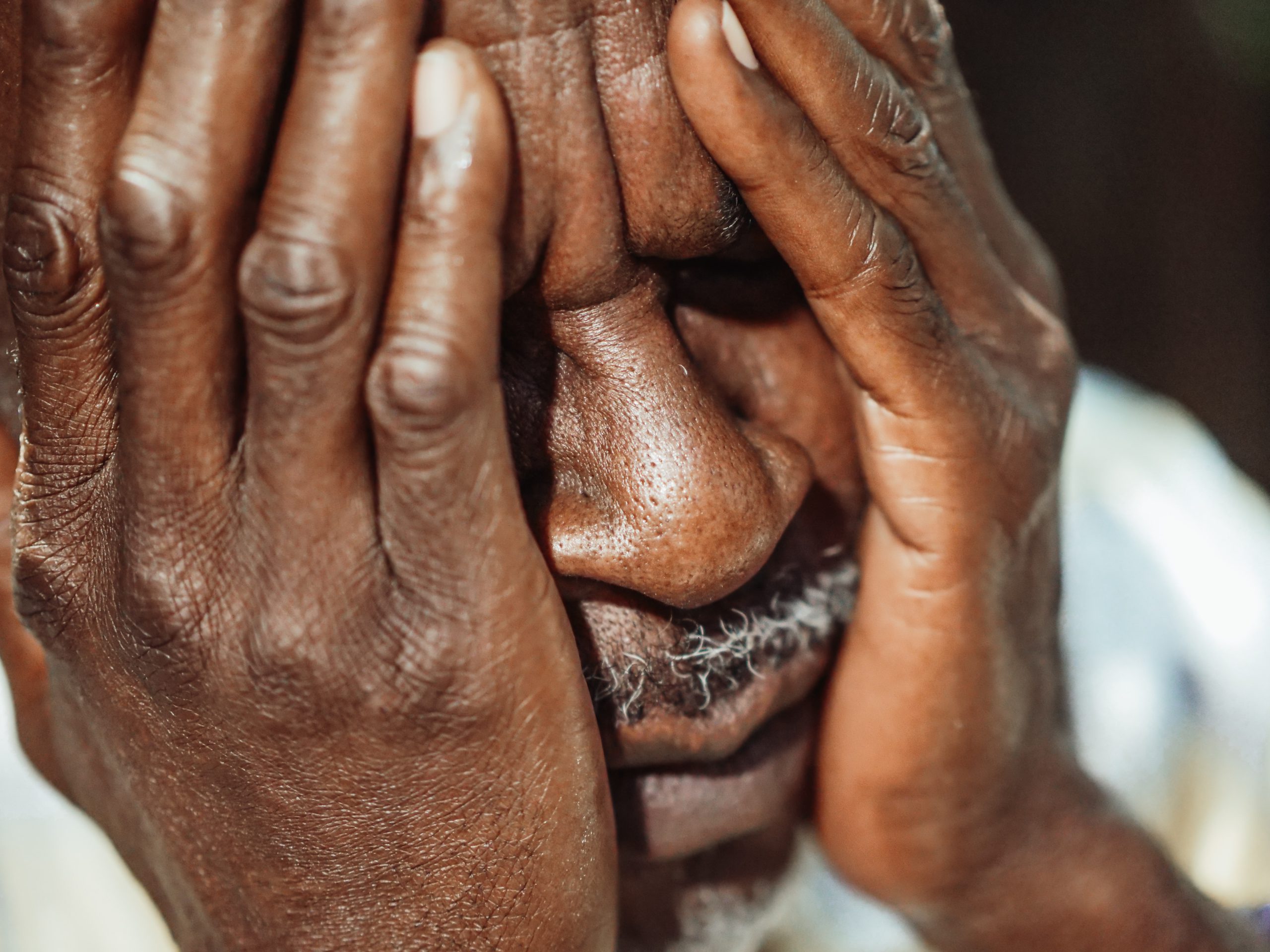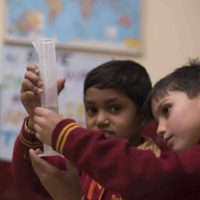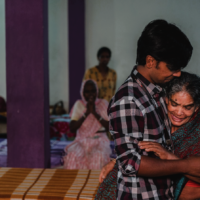WITHIN India’s expansive healthcare landscape, Alzheimer’s and dementia often linger unnoticed. Despite the rising prevalence of these debilitating conditions, awareness remains startlingly low, especially in rural and underdeveloped areas. The Dementia India Report 2010, presented by the Alzheimer’s and Related Disorders Society of India (ARDSI), highlights this pressing issue. In 2010, it revealed that approximately 3.7 million Indians were living with dementia, a number projected to soar to a staggering 7.6 million by 2030. This alarming increase necessitates immediate attention, awareness, and action.
Alzheimer’s and dementia, silently erode cognitive abilities, leaving individuals and their families in profound distress. To effectively address this crisis, we must begin with raising awareness. Family members and primary care physicians are crucial change agents in this regard. Recognizing the early signs of Alzheimer’s is essential for timely intervention and improving patients’ quality of life.
A national awareness campaign directed at these groups can make a significant impact by equipping them with the knowledge to identify symptoms and seek medical assistance, potentially delaying the disease’s progression and enhancing patient outcomes.
In the medical field, research on dementia and related diseases in India is relatively limited. Our current understanding and estimates of dementia incidence are primarily derived from small regional studies. Given India’s diverse lifestyles and dietary habits, dementia prevalence likely varies significantly across states. Thus, conducting a comprehensive nationwide investigation into the current incidence and burden of dementia and Alzheimer’s is imperative.
Furthermore, making genetic testing services for the Alzheimer’s gene (APOE-e4) available and allocating funds for clinical trials tailored to India’s unique demographic and cultural landscape is essential. Genetic, lifestyle, and environmental factors all influence Alzheimer’s risk, necessitating India-specific research.
Beyond the personal toll on patients, Alzheimer’s imposes significant economic and non-economic costs on society. The ARDSI 2010 report estimated the societal costs of dementia at 147 billion INR in 2010, with a projected threefold increase by 2030. These costs include direct expenses like medication and physician fees, but most of the economic burden arises from informal caregiving.
Family members, often women, provide the majority of caregiving, leading to lost wages and income due to work absenteeism. The emotional and psychological toll on caregivers is profound. Addressing this challenge requires establishing reliable institutional care facilities, both short-term and long-term, for Alzheimer’s patients.
Agewell Foundation, renowned as one of India’s foremost charities dedicated to the well-being of elderly individuals, has implemented the Integrated Program for Older Persons. This initiative’s primary objective is to enhance senior citizens’ quality of life by offering essential amenities such as food, shelter, medical care, and opportunities for entertainment. The program encompasses various components, including Senior Citizens’ Homes for destitute individuals and elderly women, Continuous Care Homes for those affected by Alzheimer’s disease or dementia, Mobile Medicare services in remote and underserved areas, Physiotherapy Clinics tailored to senior citizens’ needs, and Regional Resource and Training Centres (RRTCs) responsible for monitoring and providing technical support. Agewell Foundation’s unwavering commitment to improving the lives of senior citizens reflects their dedication to a noble cause, ensuring that elderly individuals receive the care and support they deserve in their golden years.
However, India has a long road ahead. Investment in healthcare infrastructure and the training of healthcare professionals is essential. The National Program for Health Care of the Elderly, under the Ministry of Health and Family Welfare, should expand its focus to include dementia and Alzheimer’s care. NGOs like ARDSI, which offer certification courses in dementia care, play a crucial role, but a more comprehensive approach is necessary to meet the increasing demand for these services.
As India’s population ages, addressing the Alzheimer’s and dementia crisis becomes an urgent public health imperative. A well-defined strategy emphasizing research into degenerative diseases and investment in healthcare personnel training is essential.
By raising awareness, conducting region-specific research, and investing in institutional care and professional training, we can offer hope and support to the millions affected by dementia and Alzheimer’s in India. It’s time to shine a light on this often-overlooked issue and work collectively to create a brighter, more dementia-aware future for our nation.

Give exists to alleviate poverty by enabling the world to give. Established in 2000, Give, together with its partners, is the largest and most trusted giving platform in India. Give enables individuals and organizations to raise and donate funds conveniently to any cause they care about, with offerings including crowdfunding, corporate giving, cause marketing, and philanthropy consulting. Give’s community of 2.6M+ donors supports 3,000+ verified nonprofits, serving 15M+ people across the country.
Discover more from give.do
Subscribe to get the latest posts to your email.





